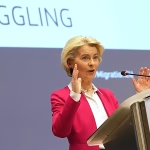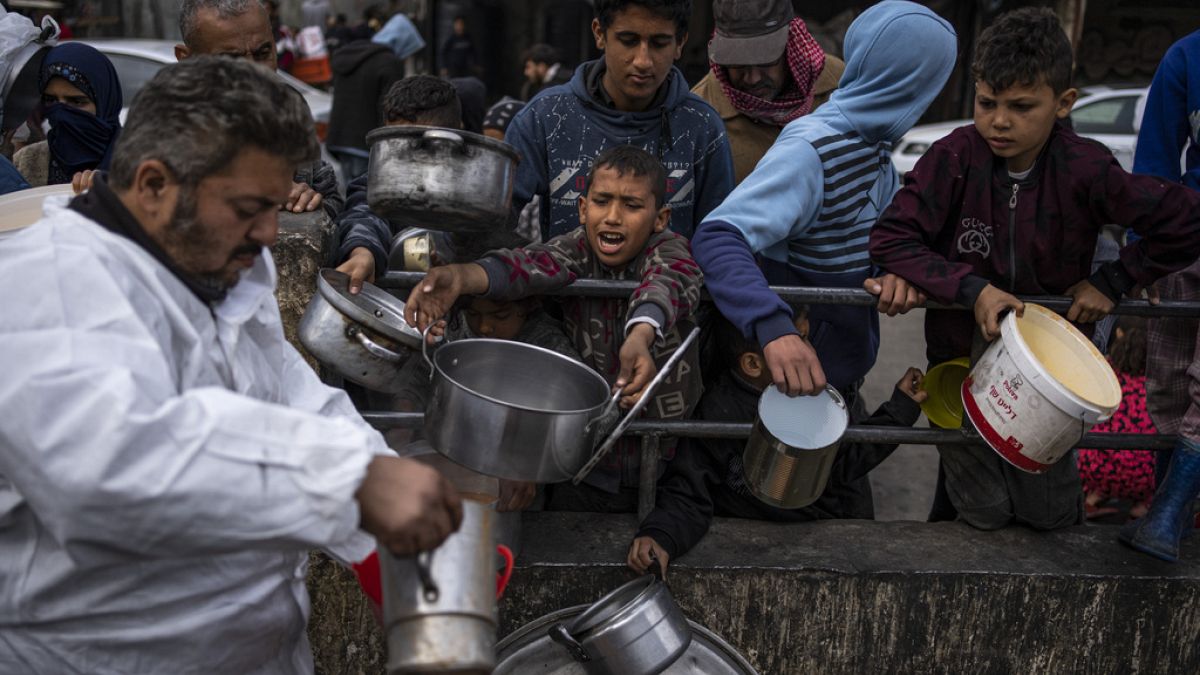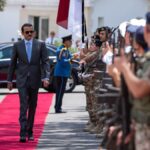Trucks transporting food, medical supplies, and other essential aid are becoming increasingly scarce in Gaza following the Israeli offensive in the southern city of Rafah. The United Nations Palestinian Refugee Agency (UNRWA) is struggling to provide humanitarian aid to the 800,000 people who are on the move again after leaving Rafah due to military action. The limited infrastructure and lack of water and sanitation in areas such as Al-Mawasi make it extremely difficult for people to access their basic needs. The agency’s director for Europe, Marta Lorenzo, expressed concerns about the challenges they are facing in providing primary health care to the people in Gaza.
The agency used to operate 22 primary health centers in Gaza but is now limited to only seven and a few mobile clinics. The main issue lies in the closure of the land crossings through which hundreds of aid trucks used to enter Gaza before the offensive began. The Rafah crossing into Egypt is inoperative due to Israel taking control of it, and the crossing near Kerem Shalom, between Israel and Gaza, is still open but deemed too dangerous to travel through to collect aid. As a result, trucks transporting essential aid are becoming increasingly scarce, hindering the agency’s ability to provide assistance to the people in Gaza.
UNRWA estimates that approximately €1.5 million is needed to provide aid to Gaza following the recent developments. During the 8th Brussels Conference on Supporting the Future of Syria and the Region, the agency asked for donations worth €1 million for Gaza and highlighted the need for around €400 million to help Palestinian refugees living in Syria. Despite the ongoing challenges and limited resources, international donors have committed €7.5 billion in grants and loans to support Syrians affected by war, poverty, and hunger.
UNRWA faced a setback when it lost significant financial support following Israeli accusations that some of its workers were aiding the Hamas movement. However, pending the UN’s internal investigation, some countries like the EU, Italy, and Germany have resumed funding for the agency. Italy recently announced a transfer of €5 million in funding, while Germany resumed cooperation with UNRWA after an investigation on the agency’s procedures for ensuring neutrality. Despite these efforts, the agency faces the risk of running out of funds in June as the US, the primary provider of funds, has yet to lift its suspension of financial support.
In conclusion, the ongoing humanitarian crisis in Gaza, exacerbated by the recent Israeli offensive in Rafah, has put a strain on aid organizations like UNRWA. The limited access to essential supplies and the closure of key land crossings have made it challenging to provide assistance to the people in need. Despite facing financial setbacks, the agency continues to seek support from international donors to alleviate the suffering of Palestinians in Gaza and other conflict-affected regions. The need for humanitarian aid remains critical, and urgent action is required to ensure that the basic needs of the affected populations are met.









